These Are The Most Dangerous Beaches In The World (Not In Order)
These Are The 10 Most Dangerous Beaches In The World
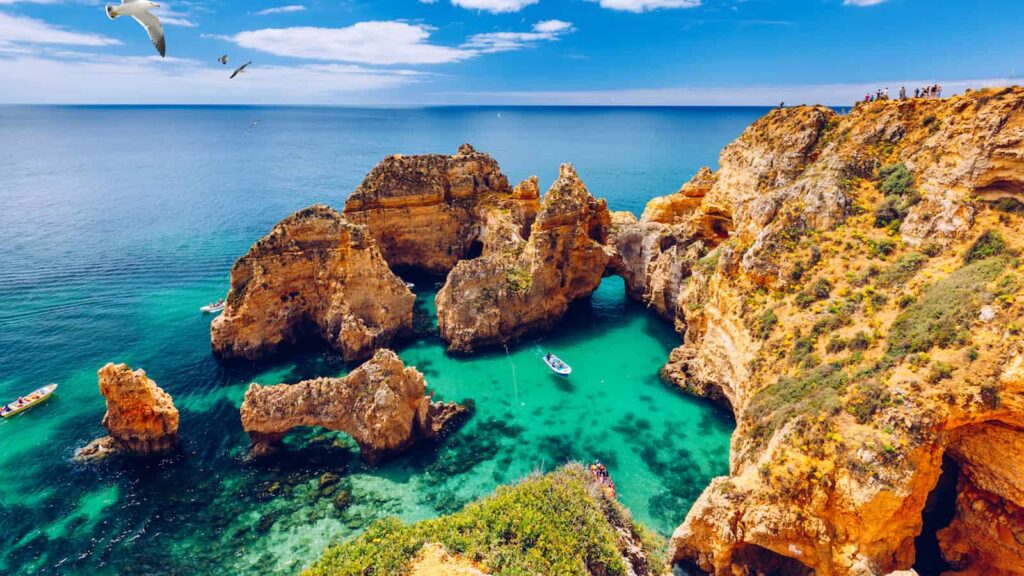
A beach vacation is always a good idea! Or is it? Not all beaches are paradise. Some can be deceivingly dangerous, looking dreamy while hiding risks like shark attacks, high radiation levels, and deadly currents.
These hazards make certain beaches the worst places to visit, challenging the idea that a beach vacation is always safe and relaxing. It’s a reminder that even the most beautiful places can have hidden dangers.
1. New Smyrna Beach, Florida, USA
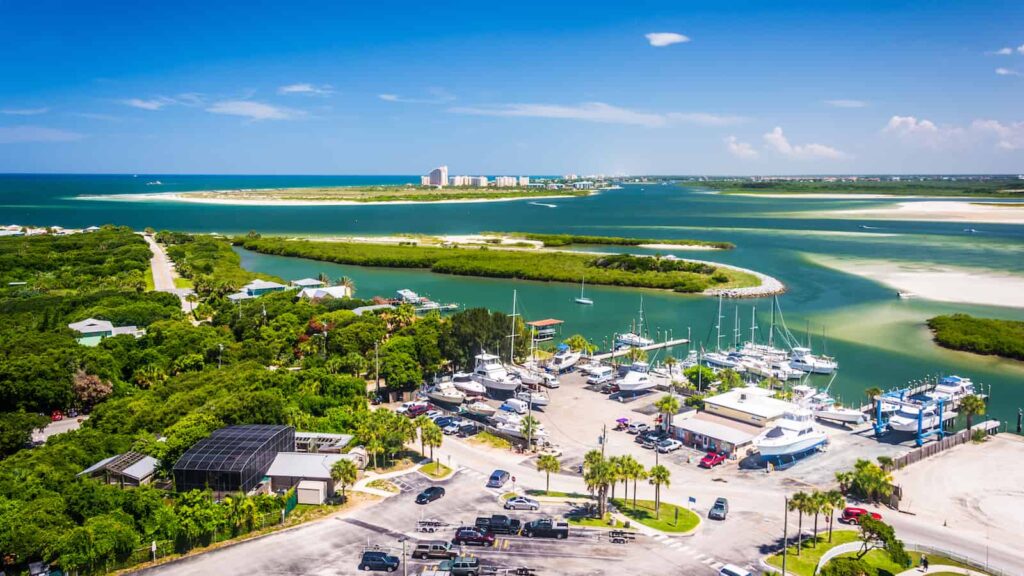
New Smyrna Beach in Florida is infamous for its shark encounters. With the highest number of shark attacks globally, swimming here carries a risk. The beach’s surf zone fatalities add to its dangers, making it a spot where both thrill-seekers and casual beach-goers must proceed with caution.
2. Cocoa Beach, Florida, USA
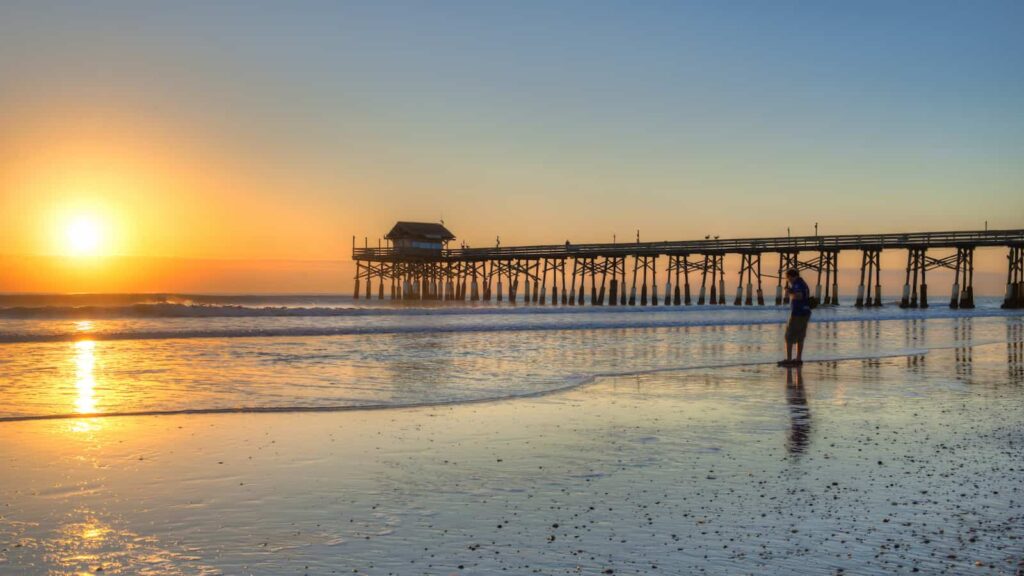
Cocoa Beach is known for its surf zone fatalities, shark attacks, and the impact of hurricanes. The combination of natural predators and severe weather makes this beach a beautiful yet potentially hazardous destination for visitors.
3. Boa Viagem Beach, Recife, Brazil
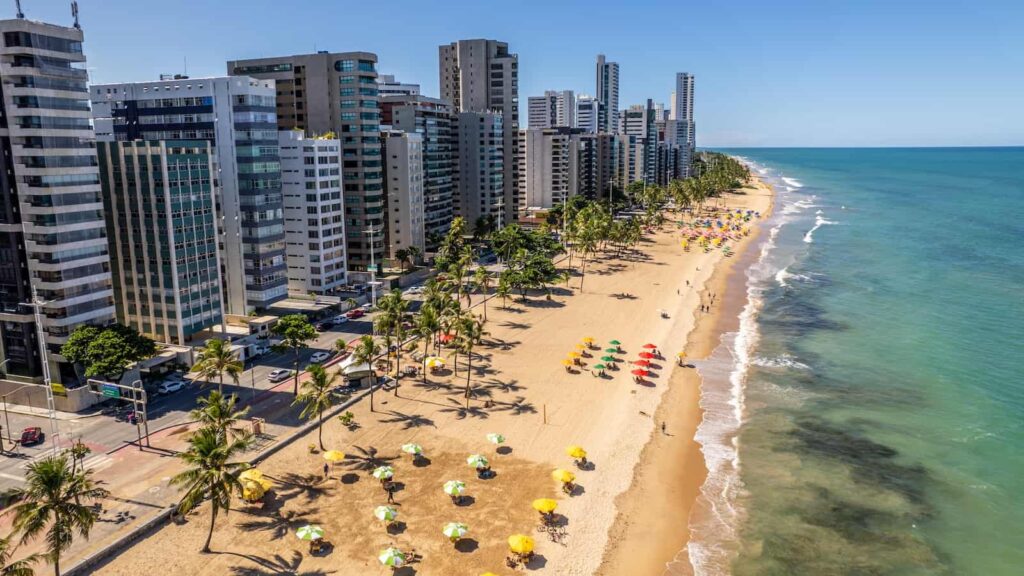
Boa Viagem Beach poses a significant danger due to its high risk of shark attacks, with 40% of attacks between 1992 and 2013 occurring here. This makes it one of the most dangerous beaches for water activities, underscoring the importance of caution for anyone venturing into the water.
4. Fraser Island, Australia
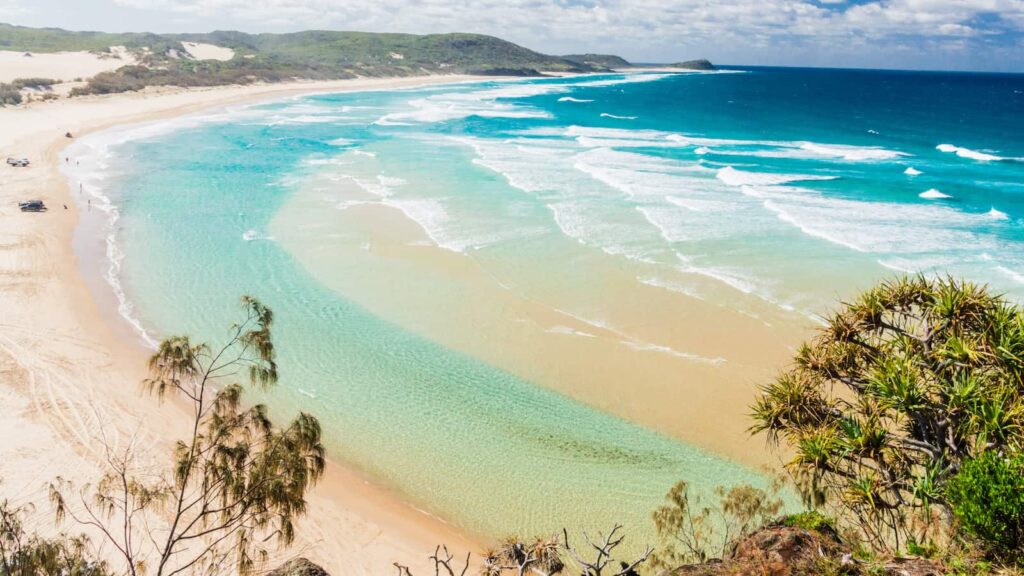
Fraser Island is famous not just for its natural beauty but also for the dangers lurking within, including jellyfish stings and dingo attacks. These risks make it a place where adventure comes with a cautionary note, reminding visitors of the wildness of nature.
5. Gansbaai, South Africa
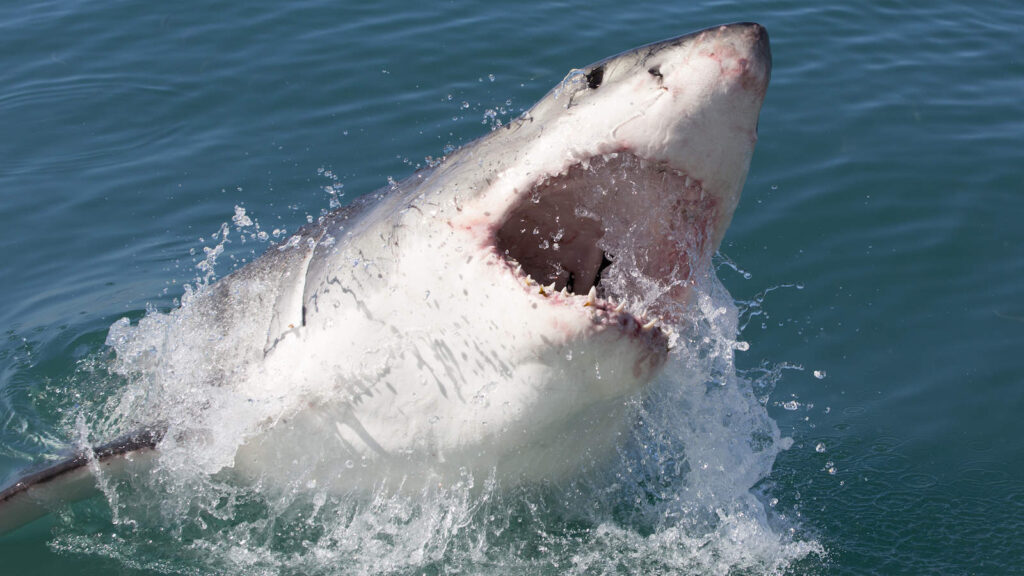
Gansbaai is notoriously known as the “Home Of Sharks,” especially great whites. The constant presence of these apex predators creates a thrilling yet dangerous environment for beachgoers, emphasizing the need for awareness and safety measures.
6. Playa Zipolite, Mexico
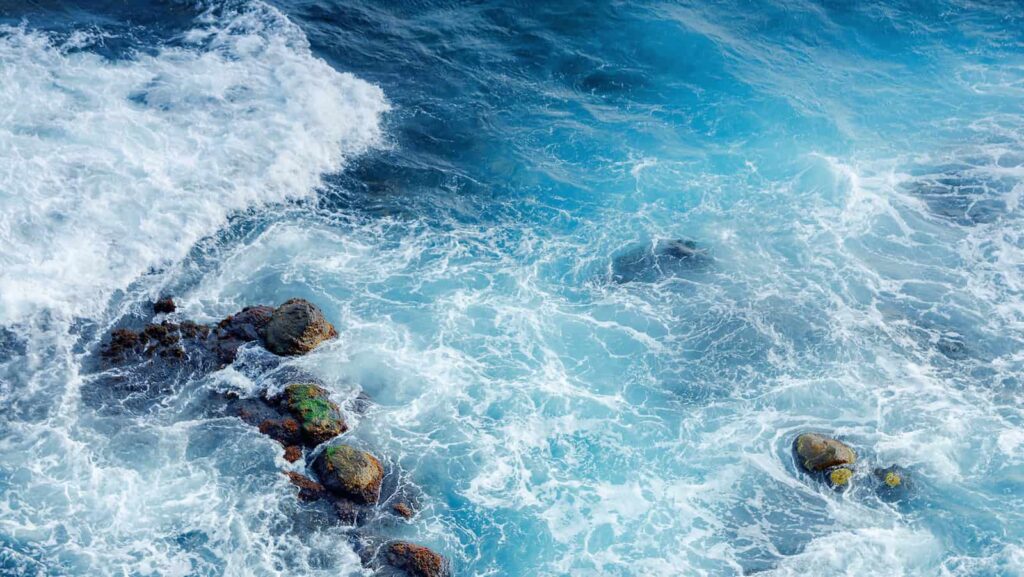
Playa Zipolite is marked by its deadly tides, making swimming here extremely risky. The beach’s natural beauty is shadowed by the potential for danger, highlighting the importance of heeding local warnings and staying safe.
7. Kilauea Beach, Hawaii, USA
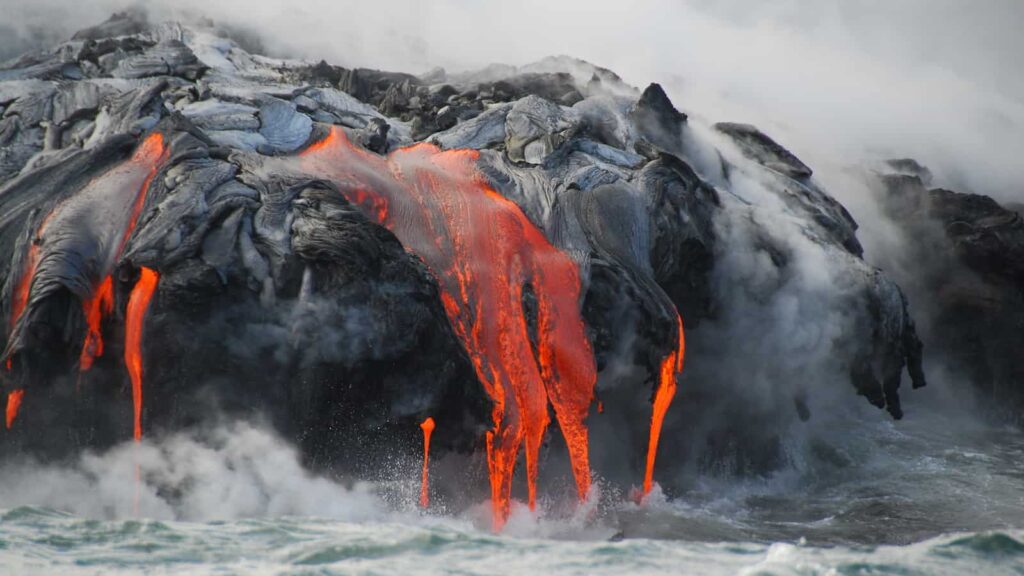
The proximity of Kilauea Beach to an active volcano increases the risk for visitors, with potential high water temperatures posing an unusual danger. This unique hazard adds an element of risk to the natural paradise of Hawaii.
8. Chowpatty Beach, India
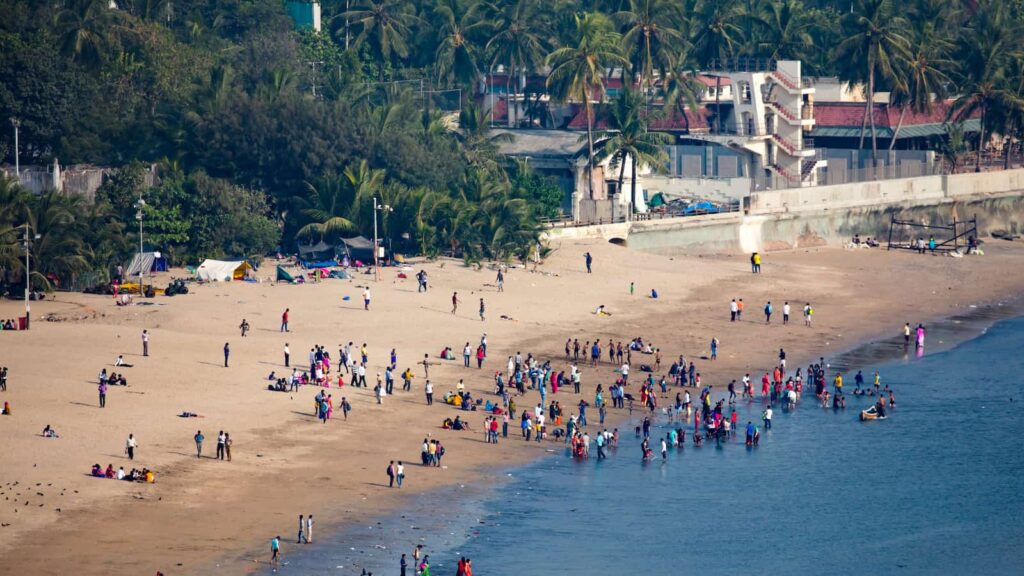
Chowpatty Beach faces severe pollution, resulting in toxic waters. This environmental issue not only affects marine life but also poses health risks to humans, emphasizing the need for environmental conservation efforts.
9. Byron Bay, NSW, Australia
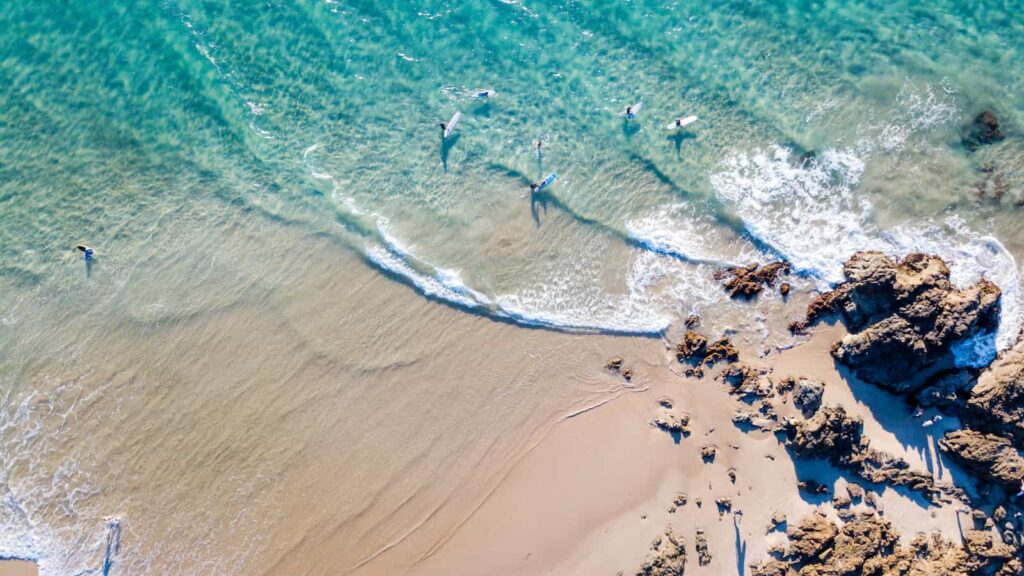
Byron Bay is another hotspot for shark attacks, making it a dangerous place for swimmers. The beach’s reputation for natural beauty is contrasted with the lurking danger beneath its waves, serving as a reminder of the wild aspects of the sea.
10. Bikini Atoll, U.S. Marshall Islands
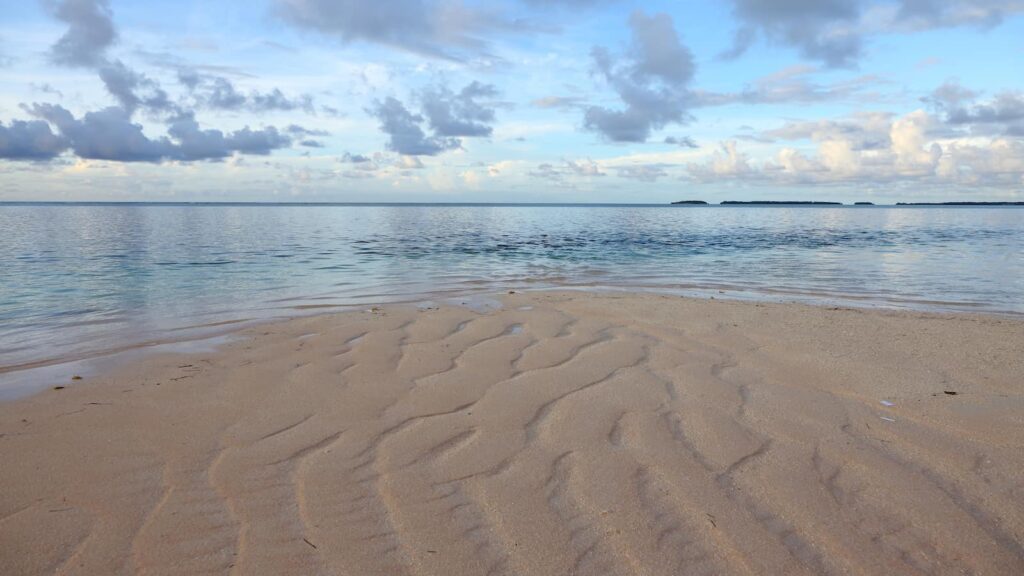
Bikini Atoll’s history of nuclear testing has left behind radiation levels that continue to present risks. While the atoll’s beaches may seem inviting, the legacy of its past makes it a place where caution is necessary.
More From BeRightBack
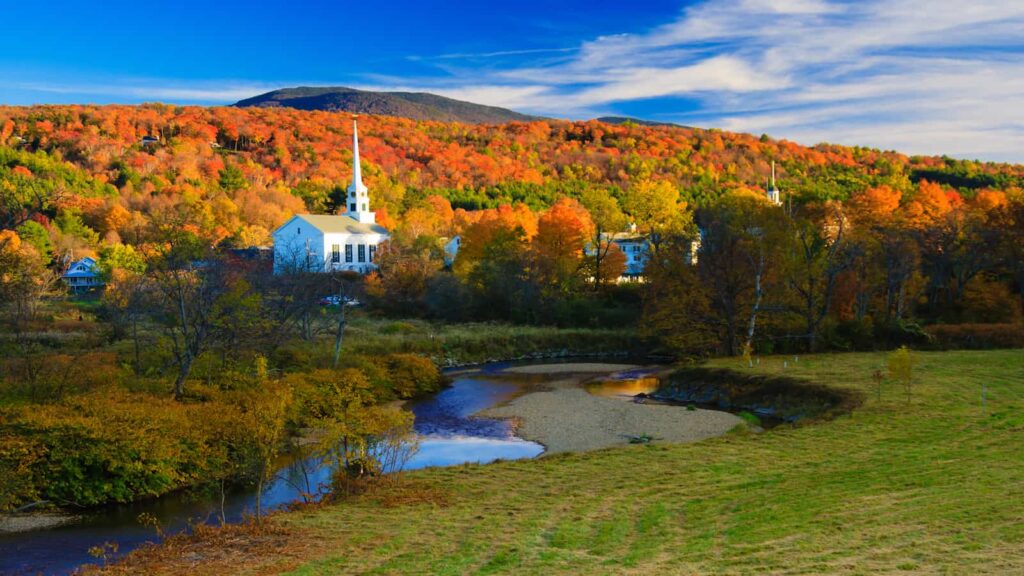
- 10 Most Deadly National Parks In The USA
- 50 Weird American Laws You Won’t Believe
- 20+ American Sayings That Confuse Visitors
We are Mary and Eric, the founders of Be Right Back, a blog dedicated to romance around the globe and at home.
We are Mary and Eric, the founders of Be Right Back, a blog dedicated to romance around the globe and at home. With over 10 years of experience in dating and traveling to romantic places, we share our favorite date ideas and romantic destinations to help couples level up their relationships. Having lived in and traveled through the USA, we also share our favourite things to do in the States.
With 70,000 monthly readers and 16,000 followers on social media, Be Right Back is your go-to resource for romantic trip ideas and couple activities at home and abroad.
